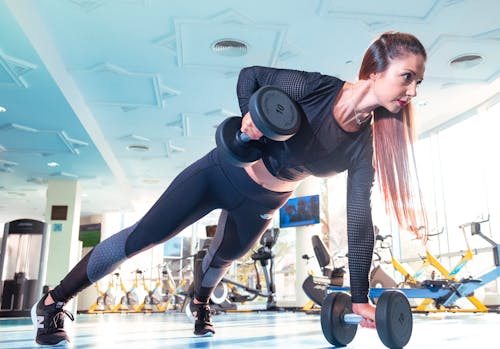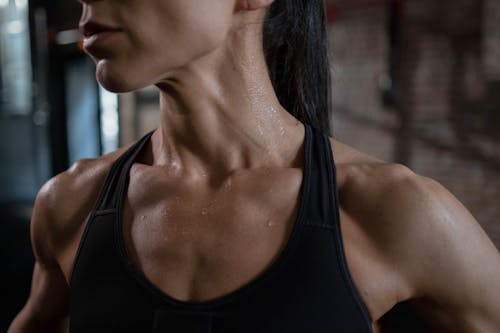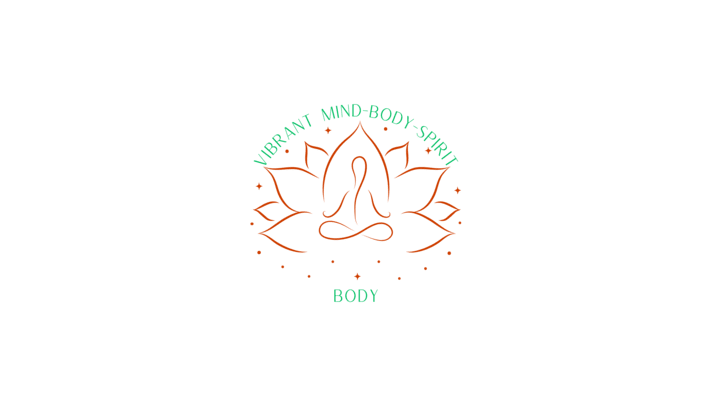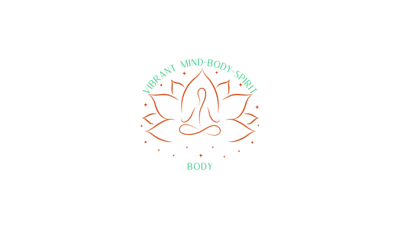This post contains affiliate links, meaning that I may receive compensation if you make a purchase through these links. As an Amazon Associate, I earn from qualifying purchases. This compensation does not influence the content, or recommendations provided. The opinions expressed are my own, and I strive to provide honest and unbiased information.
Best Vitamins and Minerals When Working Out
When you’re working out to get in top shape, having the right essential nutrients on your side is just as important as your workouts themselves. The best essential nutrients when working out don’t just keep you healthy—they power your body, boost recovery, and help you reach your fitness goals faster. Whether you’re lifting weights, running, or doing yoga, your body needs specific nutrients to support your muscles, improve endurance, and keep energy levels high. Ready to discover how these nutrients can help you crush your fitness goals? Let’s dive in!
Why Vitamins and Minerals Matter in Your Fitness Journey
Vitamins and minerals are often called “micronutrients” because we need them in smaller amounts than protein or carbs. But even though they’re needed in tiny amounts, they pack a powerful punch. Vitamins and minerals play a role in everything from muscle contractions to energy production and tissue repair. When your body is deficient in these nutrients, your progress could stall, no matter how hard you train.
Plus, intense workouts cause stress on the body, and these nutrients help repair and strengthen it. Let’s explore which vitamins and minerals you’ll want to add to your diet, and how they make a difference.
1. Vitamin D for Strong Bones and Muscles
Vitamin D is one of the best vitamins when working out, particularly if you exercise outdoors. It’s essential for calcium absorption, which keeps your bones strong. Strong bones are a key foundation for fitness since they support your muscles and joints during physical activity.
When you’re low in vitamin D, you may feel more muscle pain and fatigue. A good option to keep your levels up is a daily vitamin D supplement, especially if you live in a place with less sunlight.
2. B Vitamins for Energy Production
The B vitamin family—especially B6, B12, and folic acid—plays a critical role in converting food into energy. These vitamins help with red blood cell production, which transports oxygen to your muscles. When you’re working out, oxygen is necessary for energy and endurance.
Taking B-complex vitamins can help keep your energy levels up and make recovery smoother after each workout. You can find B-complex supplements that combine all the B vitamins, providing an easy way to support your energy and overall fitness progress.
3. Magnesium for Muscle Recovery

After a hard workout, magnesium steps in to help your muscles relax and recover. This mineral helps prevent cramps, muscle spasms, and even soreness, making it one of the best minerals when working out. It also plays a role in energy production and regulates blood sugar, which is essential if you want steady energy during exercise.
Leafy greens, nuts, and seeds are rich in magnesium, but if you find it challenging to get enough through food alone, a magnesium supplement might be a great option. Many people feel a difference in muscle relaxation and sleep quality after adding this nutrient to their routine.
4. Vitamin C for Immune Health and Collagen Production
Vitamin C is known for boosting the immune system, but it’s also essential for fitness enthusiasts. When you’re working out, your muscles and tissues undergo small tears that need repair, and vitamin C plays a role in collagen production to help with that. Collagen is a protein that helps maintain the integrity of your muscles, skin, and tendons.
Vitamin C is also an antioxidant, meaning it helps protect your cells from damage, especially during intense workouts. Citrus fruits, strawberries, and bell peppers are all rich in vitamin C, or you could opt for a supplement if you need a more concentrated dose.
5. Iron for Oxygen Transport and Energy
Iron is critical for anyone with an active lifestyle because it helps transport oxygen from your lungs to your muscles. This mineral supports endurance and reduces fatigue, making it one of the best minerals when working out. Low iron levels can make you feel exhausted quickly, which is the last thing you need during exercise.
If you don’t get enough iron, consider iron-rich foods like lean meats, spinach, or fortified cereals, or look into a high-quality iron supplement. Just be sure to check with a healthcare provider if you’re supplementing with iron, as it’s best not to take too much.
6. Calcium for Muscle Contractions and Bone Strength
Calcium isn’t only for bones—it’s essential for muscle function, too. During exercise, calcium helps muscles contract properly, which is necessary for almost every movement, from squats to jumping jacks. Strong bones and well-functioning muscles make calcium one of the most essential minerals for your workout.
If dairy isn’t part of your diet, consider a calcium supplement to meet your needs. Look for a calcium supplement that pairs well with vitamin D, as they work together to optimize absorption.
7. Potassium for Electrolyte Balance and Reduced Cramps

Potassium is an electrolyte that keeps your muscles functioning well and helps prevent cramping, especially after intense workouts. When you sweat, you lose potassium, which can lead to dehydration and cramping. Replenishing potassium helps you stay hydrated and supports healthy muscle contractions.
You can get potassium from foods like bananas, avocados, and sweet potatoes, but if you’re working out regularly, you might benefit from an electrolyte supplement that includes potassium along with sodium and magnesium.
8. Zinc for Immune Support and Muscle Repair
Zinc might not be the first nutrient you think of when working out, but it’s essential for immune health and muscle repair. As a mineral, it helps speed up the recovery process after a workout and supports a strong immune system, which can be weakened by intense exercise.
You can find zinc in foods like meat, shellfish, and seeds, but for those with intense training schedules, a zinc supplement could provide extra support.
9. Omega-3 Fatty Acids for Joint Health
Omega-3s aren’t vitamins or minerals, but they’re crucial for anyone serious about fitness. These fatty acids reduce inflammation, which can ease joint pain and improve mobility over time. They also support heart health, which is essential if you’re working on cardiovascular fitness.
Fish like salmon and mackerel are rich in omega-3s, but if you don’t eat a lot of fish, consider a high-quality fish oil or omega-3 supplement to keep your joints and heart healthy.
Quick Tips for Incorporating These Vitamins and Minerals
1. Create a Routine: Set reminders to take your vitamins and minerals at the same time each day.
2. Consider a Multivitamin: A high-quality multivitamin can provide most of these nutrients in one simple dose.
3. Stay Consistent: Consistency is key when using supplements to support fitness goals.
How to Choose Supplements Wisely
When buying supplements, quality matters. Look for products with third-party testing to ensure purity and potency. Many online health retailers offer customer reviews that can help you gauge effectiveness and quality.
The Takeaway
Adding the best vitamins and minerals when working out can significantly boost your results, making your fitness journey smoother and more rewarding. With the right nutrients, your body will recover faster, perform better, and feel stronger. The journey to peak fitness is about more than just workouts; it’s also about giving your body the tools it needs to thrive.
Remember, a well-rounded diet with these key vitamins and minerals, complemented by high-quality supplements, can help you reach your goals. Get ready to experience the difference these nutrients can make in your workout performance and overall health.


